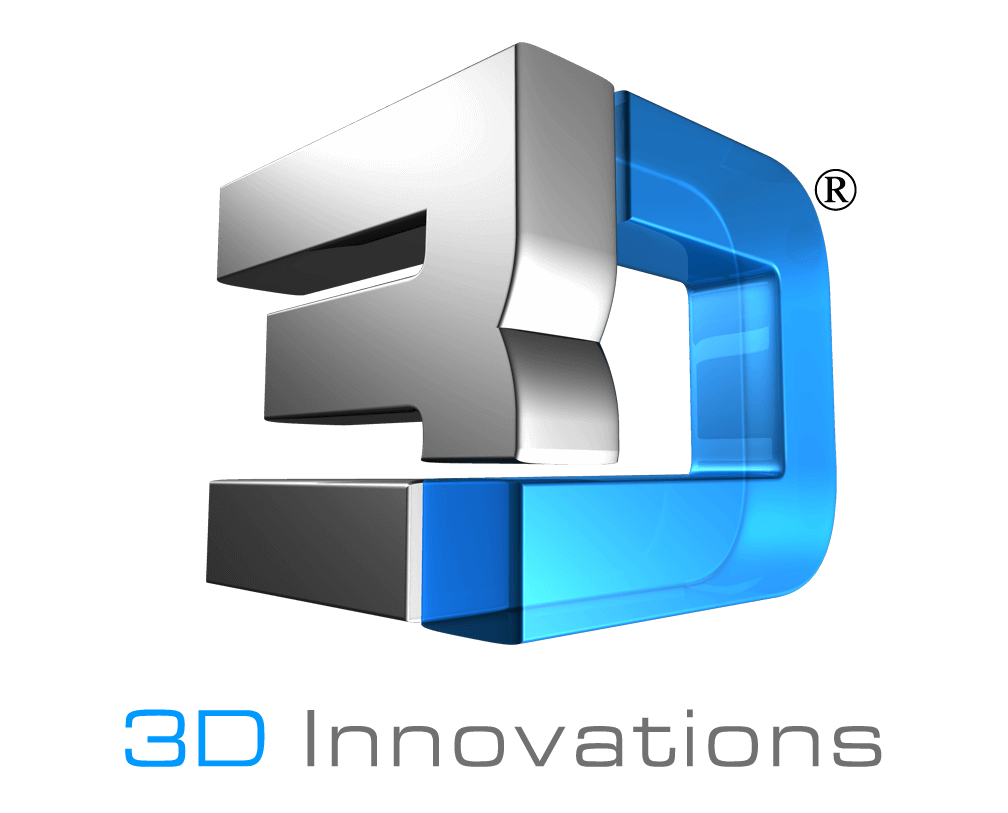“Innovate or perish” rings true for every industry, including education.
Online education is transforming the way students are being educated. Within the past few years there has been a change in which students are obtaining their college degrees — “out” with the traditional lecture hall format and “in” with the new online class. The amount of students gravitating towards online classes is growing and mainly because of cost. It is no surprise that online classes are easier for students on a budget and have greater schedule flexibility.
Stanford, MIT and Harvard are just a few colleges now offering free online classes to students all over the world. Currently these free classes are relaying information and just teaching the basics, you are not actually working towards a Harvard degree; Who is to say that this won’t become the new norm within the next 5 years, and that students across the globe will be earning their degrees completely online. While online degrees pose a challenge for education content and message delivery, it is even more challenging to bridge the gap between theories and real-world application.
As Kevin Craig, Professor of Mechanical Engineering, Marquette University points out in his blog post Engineering Education Upheaval, “I have heard it said that it is easier to move a cemetery than it is to change an engineering curriculum. Engineering schools for whom that is true might soon be buried in those cemeteries.” Engineering schools, and STEM subjects in general, have a hard time changing and often become trapped by “this is how it has always been done” ways of thinking. Now is the time for these schools to break free of past methodology and embrace a new innovative approach to learning and teaching.
Engineering content must be rebundled and integrated with a balance between theory and industry best-practice. That information then becomes knowledge that is not a commodity. It is this knowledge that stimulates students and transforms them into critical-thinking problem solvers resulting in a real competitive advantage in this global economy. –Kevin Craig
In Kevin Craig’s blog post, you can see an interesting diagram he has composed that offers a complete restructuring of content delivery to students. In this diagram, on-site work plays a much greater role than learning theories does. While theories are important, in today’s workplace hands on education is what really counts.
When it comes down to it, education is changing and people need to let go of their notions of what should be and embrace what can be. Just because it is new, doesn’t mean it is wrong.

